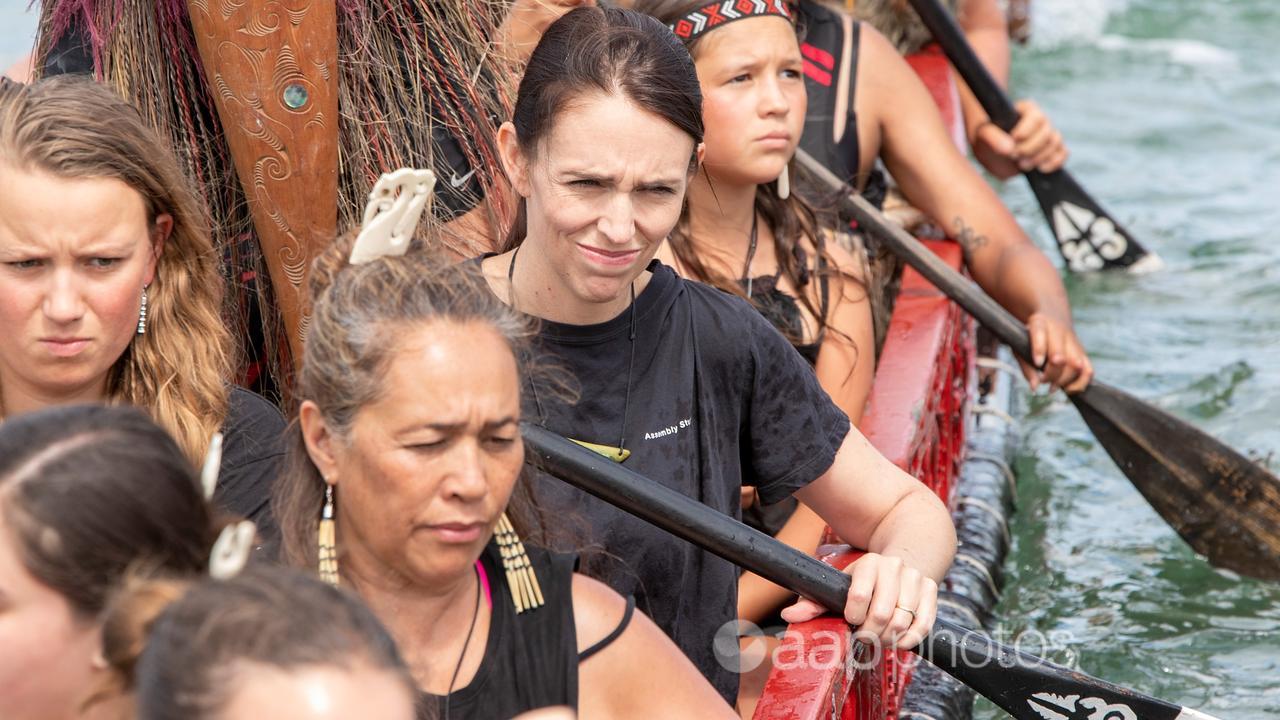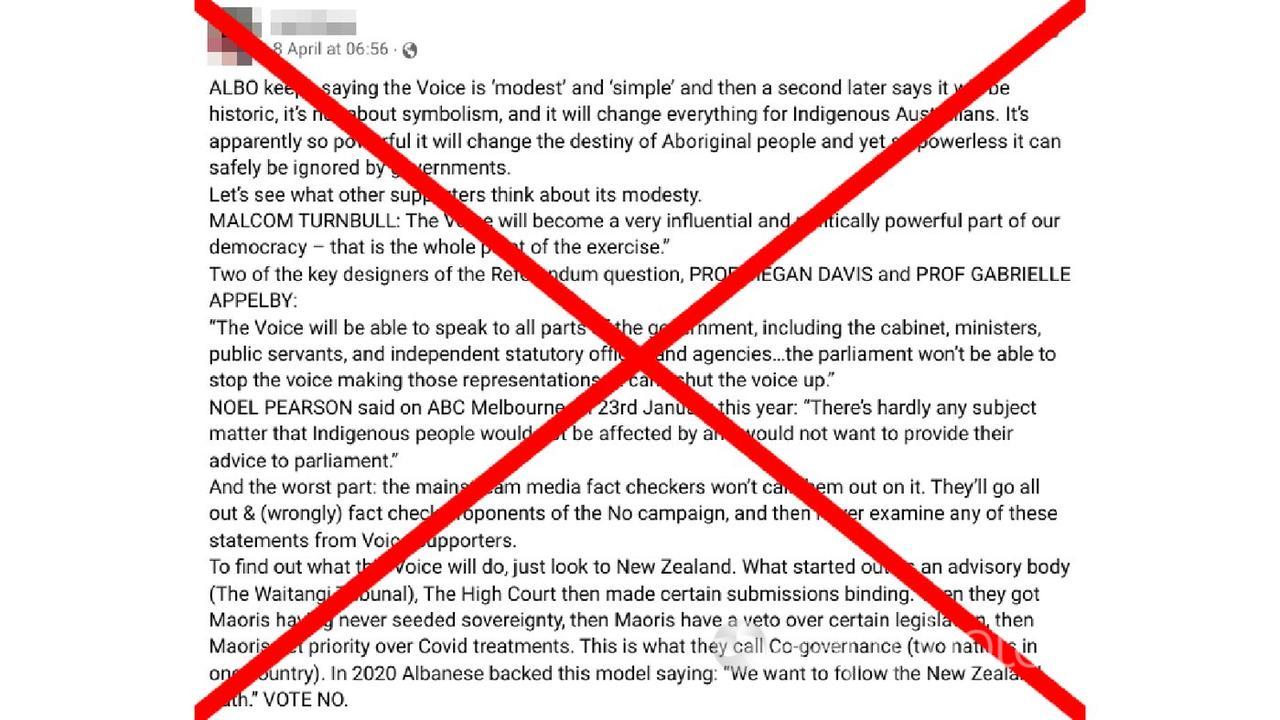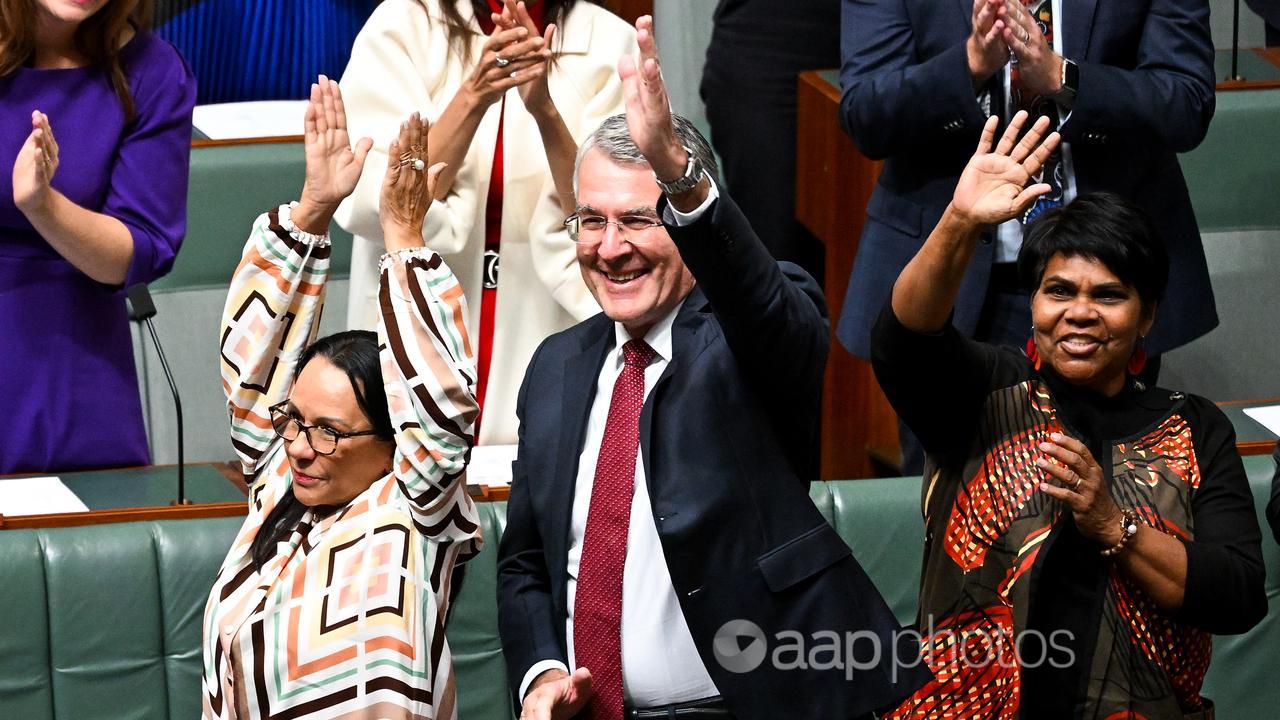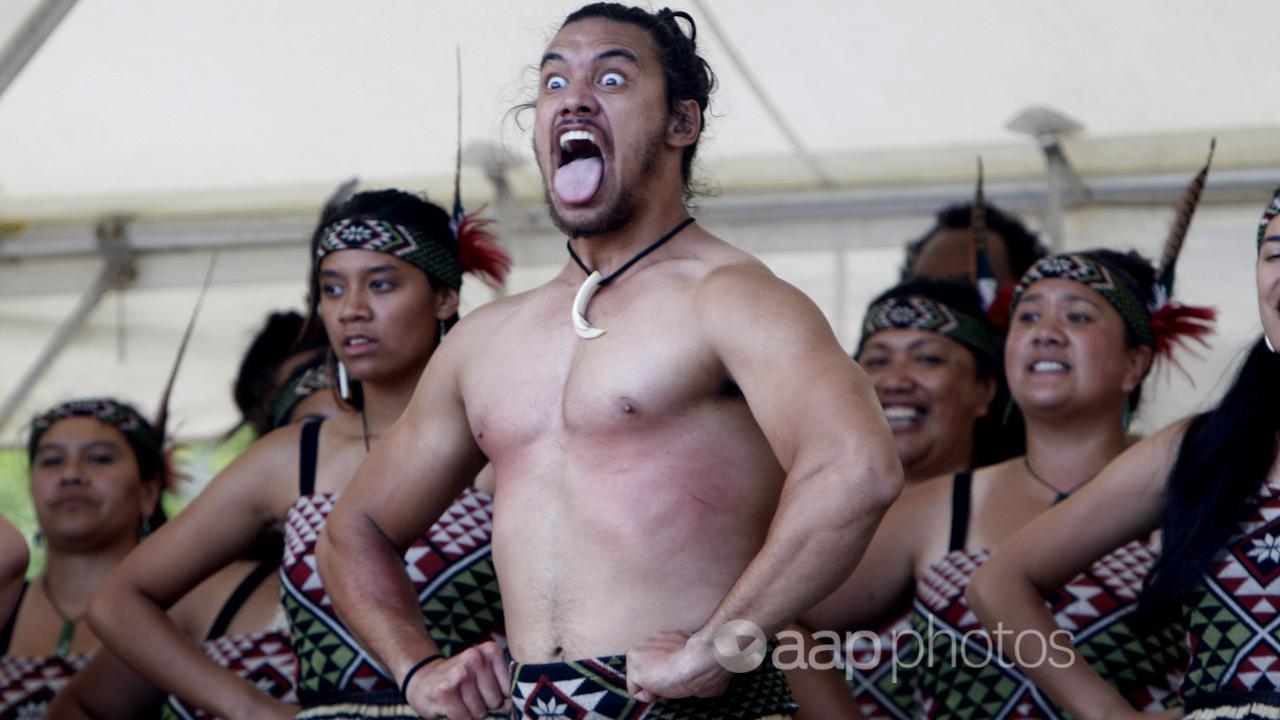Opponents of Australia’s proposed voice to parliament are drawing comparisons with New Zealand’s Waitangi Tribunal.
In particular, they say the voice could soon be following in the tribunal’s footsteps in giving the indigenous population veto power over certain legislation and government decisions.
But the claim the Waitangi Tribunal gives veto power to Maori is false. The tribunal can only make recommendations. The voice model for Australia also does not include any form of veto power.
“To find out what this Voice will do, just look to New Zealand,” one Facebook post (archived here) reads. “What started out as an advisory body (The Waitangi Tribunal), The High Court then made certain submissions binding. Then they got Maoris having never seeded sovereignty, then Maoris have a veto over certain legislation, then Maoris get priority over Covid treatments.”

Other posts (see here, here, here, here and here) reference a report from the Institute of Public Affairs (IPA).
The conservative think tank argues there are “five key lessons” from the tribunal, which the IPA refers to as the “Maori Voice to Parliament”, that “will apply to Australia if we follow New Zealand’s path”.
The Waitangi Tribunal is not a “Maori Voice to Parliament” but a permanent commission of inquiry set up in 1975 to probe claims from Maori people about government breaches of the 1840 Treaty of Waitangi.
The treaty was signed by about 540 rangatira Maori (chiefs) and the British Crown’s representatives and is considered to be New Zealand’s founding document.
“The Voice would have an explicit veto power over certain legislation,” the IPA claims in its media release. The associated IPA report states the Waitangi Tribunal has veto power over legislation.
When asked for evidence to support the claim, the IPA’s deputy executive director Daniel Wild told AAP FactCheck that “legal precedent clearly shows New Zealand’s Māori Voice to Parliament has veto power over government decisions, and has influenced policy ranging from international trade agreements, to the distribution of Covid vaccines.”
In its response, the IPA cited two tribunal cases as evidence: the Report on Claims about the Reform of Te Ture Whenua Maori Act and the Report on the Maori Community Development Act.
In the former, the tribunal found that NZ government attempts to reform the Te Ture Whenua Maori Act were at odds with Waitangi Treaty principles.
The IPA cites the report’s conclusions (page 262): “We agreed with the claimants that the ‘free, full and informed consent’ of Māori is required when a legislative change substantially affects or even controls a matter squarely under their authority … We found that the Crown will be in breach of Treaty principles if it does not ensure that there is properly informed, broad-based support for Te Ture Whenua Māori Bill to proceed.”
“The proposed changes were subsequently withdrawn, and the reforms abandoned,” the IPA said in its statement to AAP FactCheck.
Professor Michael Belgrave, a Massey University historian and former tribunal research manager, said the finding was a recommendation rather than a legally-binding ruling.

“The Waitangi Tribunal was exercising its jurisdiction in determining how the Crown should act in a way that was consistent with the principles of the Treaty of Waitangi,” he told AAP FactCheck in an email.
“There is no veto, and legislation can certainly take place (be passed into law) without Maori consent.”
Charles Sturt University political scientist Professor Dominic O’Sullivan explained the tribunal operates “like a court” but without the power to make legal orders.
“They hear from the claimants and they hear the Crown’s response, parties are represented by legal counsel, the tribunal draws conclusions based on the evidence that is put to it after hearing from expert witnesses, and so on,” he told AAP FactCheck in a phone interview.
“It’s a judicial body and it makes recommendations if it upholds the claim.”
The second case cited as evidence concludes with the tribunal proposing that any reforms to the Maori Community Development Act and the role of Maori wardens should be led by New Zealand Maori Council (NZMC), not the government.
“Any reform of the 1962 Act should be NZMC-led and negotiated with the Crown,” the 2015 report reads (p 396).
The IPA added in its statement to AAP FactCheck: “Thus, even mere desire to reform legislation was a breach of the Treaty, if initiated by parliament and not Māori, which means that the Māori Voice to Parliament can veto reforms if they are not initiated by Māori, in certain contexts.”
But as with the previous example, the tribunal’s recommendation did not have any legal force under NZ law.
“Perhaps the IPA is confusing a recommendation with an order,” Prof O’Sullivan said. “It can find that an Act of Parliament breaches the treaty, but what is done about that is not for the tribunal to order. It is normally the subject of political negotiations between the claimant and the Crown.”
Dr Martin Fisher, an expert on Crown-Maori interactions at the University of Canterbury, agreed the tribunal has no binding power in relation to Crown policies and legislation. He added: “The Crown ignores a fair bit and adopts what suits its own policies and purposes.”
Margaret Mutu, a professor of Maori studies at the University of Auckland, said the NZ government rarely acts on the tribunal’s recommendations.
“While the Tribunal has written hundreds of reports upholding the claims of Māori and making thousands of recommendations for remedying the effects of breaches of the Treaty of Waitangi, successive governments have ignored almost all of them,” Prof Mutu said in an email.
While the tribunal’s recommendations on legislation are non-binding, it does have binding powers in regard to two specific types of land claims involving Crown forest land that is subject to a forestry licence and memorialised lands (report p7).

Prof Mutu said that even in these specific cases, the government has legislated to stop a tribunal order taking effect.
The Waitangi Tribunal also cannot provide advice on proposed legislation unless it’s asked to do so by a minister, by the parliament or if it is part of a request to examine a potential breach of the treaty by a Maori citizen or group.
On the other side of the Tasman, the proposed model of an Indigenous voice does not include any form of veto power.
The constitutional amendment would only permit the body to “make representations” on matters relating to Aboriginal and Torres Strait Islander peoples.
Constitutional law experts have rejected the veto claim here, here and here.
While a voice to parliament would be made up of Indigenous Australians selected by their communities, the Waitangi Tribunal members are appointed by the NZ governor-general and only about half are Maori.
“I wouldn’t even make a comparison because they’re so different,” Prof O’Sullivan said of the two. “It’s a false comparison.”
RMIT FactLab also addressed a similar claim here.
AAP FactCheck has addressed other claims about the voice to parliament here, here, here, here, here, here and here.
The Verdict
The claim that New Zealand’s Waitangi Tribunal has the power to veto legislation and government decisions is false.
Experts told AAP FactCheck the tribunal acts like a judicial body in assessing breaches of the Waitangi Treaty. However, its findings and recommendations are non-binding.
The voice model for Australia also does not include any form of veto power.
False – The claim is inaccurate.
AAP FactCheck is an accredited member of the International Fact-Checking Network. To keep up with our latest fact checks, follow us on Facebook, Twitter and Instagram.
*UPDATE 4/5/23 at 9.16am* Update to paragraph 31 to clarify when the tribunal can provide advice on proposed legislation.
All information, text and images included on the AAP Websites is for personal use only and may not be re-written, copied, re-sold or re-distributed, framed, linked, shared onto social media or otherwise used whether for compensation of any kind or not, unless you have the prior written permission of AAP. For more information, please refer to our standard terms and conditions.


















